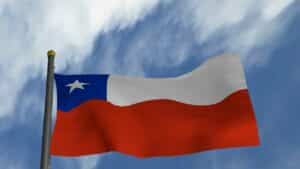With the globalization of the seed industry, there is no shortage of phytosanitary issues, and the American Seed Trade Association’s Ric Dunkle is the man tasked with tracking and tackling them.
As senior director of seed health and trade, Dunkle says he’s working to resolve some immediate issues. One such issue is a new regulation that Brazil is trying to put into place.
“This is the third or fourth year that they’ve been in the process of revising their import regulations for commercial seed,” Dunkle says. “They had the latest version out for comments, which are due in mid-February.”
He reports that ASTA is working with the U.S. government and the International Seed Federation to put together a response.
“There are some provisions that are in that regulation that are a bit worrisome to our members,” Dunkle says, noting that the association sent a delegation to Brazil to meet with officials from the Brazilian government and the U.S. embassy. “We are hopeful that we’ll make some progress this time.”
Additionally, Dunkle says that Chile has published a new importation rule for many species of seeds. This new rule, which ASTA will be submitting comments on, is scheduled to go into force Feb. 15.
“There’s one provision in there that’s again very worrisome,” he explains. “There are certain pathogens on certain species of seeds where they will be requiring not only a field inspection of the mother plants but also testing of the mother plants. That is going to be a real problem if it goes into force.”
Dunkle says many companies do routine field inspections for export certification to meet the requirements for many countries. If the new rule goes into affect, he says this would mean that when exporting seeds to Chile, companies would have test the mother plant material — that’s an extra step and an extra expense.
However, Dunkle points out that there’s no way for any seed that was produced prior to this rule coming into force to comply. On this note, Dunkle and his team have been successful in working through the Chilean Seed Trade Association, or ANPROS, to get Chile to provide a seed test option.
“If you don’t have the analysis of the plant material, they will accept a seed test,” Dunkle says. “So that part is very good but we are still trying to get them to reconsider the analysis provision.”










